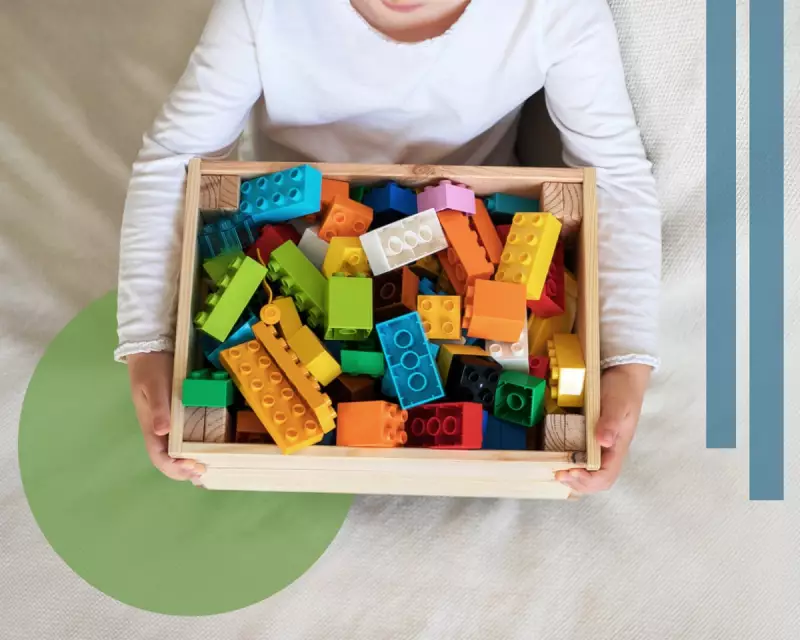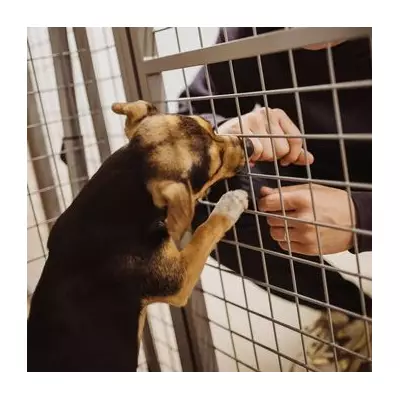
Across Australian suburbs, a quiet revolution is taking place in how families approach playtime. Community-led toy swap initiatives are rapidly gaining momentum, offering a powerful solution to the nation's growing toy waste problem while putting thousands of dollars back into household budgets.
The Growing Toy Waste Crisis
Australia faces a mounting environmental challenge with toys, where the fleeting nature of children's interests creates a constant stream of discarded plastic. Traditional disposal methods see countless toys ending up in landfill, where they can take centuries to decompose.
How Community Toy Swaps Work
These innovative community events operate on simple yet effective principles. Families bring quality toys their children have outgrown and exchange them for 'new-to-them' items. Some organisations use token systems, while others operate on trust-based models that strengthen community bonds.
Financial Benefits for Families
Participating families report saving thousands of dollars annually on toy expenses. With children rapidly outgrowing developmental stages, the swap model allows for continuous refreshment of play options without the financial strain or environmental guilt.
Environmental Impact and Waste Reduction
Early data from these initiatives shows significant reductions in toy-related waste. By extending the lifecycle of toys through multiple families, communities are directly reducing landfill contributions and the demand for new plastic production.
Educational Opportunities for Children
Beyond environmental benefits, these swaps serve as practical educational experiences for children. They learn about sustainability, sharing, and responsible consumption in hands-on ways that classroom lessons cannot replicate.
Community Building Aspects
The social benefits have proven equally valuable. These events create networking opportunities for parents, playmates for children, and stronger neighbourhood connections that extend beyond the swap events themselves.
National Expansion and Future Goals
What began as isolated local initiatives is now evolving into a coordinated national movement. Organisers are developing resources to help communities establish their own swaps, with ambitions to create a countrywide network of sustainable toy exchange.
This grassroots movement demonstrates how community action can effectively address environmental challenges while delivering tangible economic and social benefits to Australian families.





